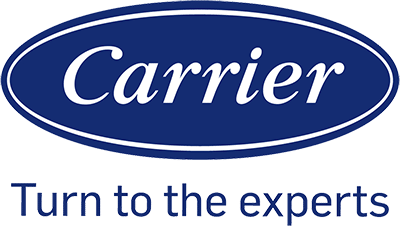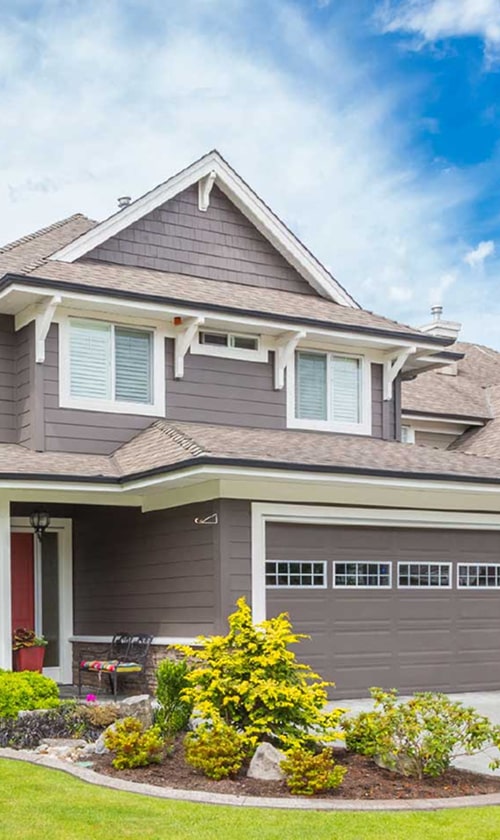Importance of Indoor Air Quality
Maintaining optimal indoor air quality is pivotal for our health and comfort. Poor air quality inside our homes and workplaces can harbor a multitude of contaminants, including pollen, dust, mold spores, viruses, and bacteria. These unwanted guests can trigger a variety of health issues—from mild allergic reactions to severe respiratory diseases.
- Allergens: Present in indoor environments, they can provoke allergies and asthma attacks.
- Microorganisms: Viruses and bacteria may circulate through unclean air, increasing the risk of sickness.
We understand that air quality is not just about comfort. It’s closely linked to our respiratory health. Poor air quality can escalate problems for individuals with asthma or respiratory problems, and can even impact mortality rates due to diseases linked to air pollution. It also relates to a phenomenon known as sick building syndrome.
- Health Problems: Continuous exposure to these airborne particles could lead to chronic health issues like cancer or acute symptoms such as headaches and dizziness.
A clean environment with good air quality supports our immune system and reduces the likelihood of indoor air pollution-related diseases. We should be aware that simple measures, like regularly replacing air conditioning filters, can significantly improve the air we breathe by reducing particulates. It’s essential we recognize the importance of cleanliness and regular maintenance to prevent health and respiratory problems.
Air Filters and Indoor Air Quality

The air filters in HVAC systems are pivotal to maintaining indoor air quality. They trap dust, pollen, and other particles, affecting the air we breathe and the efficiency of our systems. Below, let’s explore the types of air filters, their efficiency ratings, and advanced filtration options.
Types of Air Filters
Various air filters are used in homes and commercial spaces, each designed to cater to different filtration needs. Fiberglass filters are disposable and trap large particles. They are a low-cost option. Pleated filters are made of higher-quality paper and polyester and are more effective at trapping smaller particles. Washable air filters can be cleaned and reused, often having a metal or synthetic frame, ideal for those seeking an eco-friendly option.
MERV Rating and Efficiency
The Minimum Efficiency Reporting Value (MERV) assesses a filter’s effectiveness. The scale ranges from 1 to 20; higher MERV ratings indicate higher efficiency in filtering out small particles. For residential use, filters typically range from MERV 6 to 12, offering a balance between filtration efficiency and airflow. Filters with a MERV 13 or higher are used in hospitals and clean rooms where air purity is critical.
HEPA Filters and Advanced Filtration
HEPA filters or High-Efficiency Particulate Air filters must comply with strict standards, removing at least 99.97% of particles as small as 0.3 microns. These filters are highly effective and are often used in air purifiers and air cleaners, as well as in scenarios where superior air quality is necessary. However, not all HVAC systems are designed to handle the airflow resistance created by HEPA filters, so it’s important to ensure compatibility before installation.
Impact of Dirty Filters on HVAC Systems

When we ignore dirty air filters, we compromise the efficiency and performance of our HVAC systems. This neglect can induce various maintenance issues and potentially impact our health.
Reduced System Efficiency
Dirty air filters significantly obstruct airflow, forcing the HVAC system to work harder. This additional strain results in less efficient heating and cooling processes, leading to increased energy consumption. According to the Environmental Protection Agency, clean filters can lower an air conditioner’s energy consumption by up to 15%.
- Airflow: Diminished airflow due to clogged filters.
- Efficiency: Strained operation and reduced system efficiency.
- Energy Consumption: Increased power usage due to reduced efficiency.
Maintenance and Performance Issues
Clogged filters are a primary cause of maintenance concerns in HVAC systems. Blocked filters strain the system, potentially causing overheating and leading to breakdowns. This not only disrupts the comfort levels but can also result in costly repairs.
- Breakdowns: Greater risk of system malfunctions and component failure.
- Cooling/Heating: Impeded ability to effectively cool or heat the environment.
- Maintenance: More frequent maintenance calls and potential for premature system replacement.
Health Risks Associated with Poor Maintenance
A primary function of HVAC systems is to ensure a supply of fresh air and maintain comfortable humidity levels. When filters are not maintained, the quality of indoor air diminishes, potentially exacerbating respiratory issues and allergies due to contaminants recirculating through the system.
- Ventilation: Reduced capability to provide adequate ventilation.
- Air Quality: Increased presence of allergens and pollutants.
- Humidity: Imbalance in humidity levels, leading to a less comfortable environment.
Prevention and Control of Indoor Air Pollution

Maintaining clean indoor air is critical for our health and well-being. We can effectively prevent and control indoor air pollution through several key strategies that focus on reducing the introduction of pollutants and enhancing air quality.
Firstly, ensuring good ventilation is essential. We can achieve this by opening windows when weather and outdoor air quality permit and using exhaust fans to remove contaminants directly from areas like kitchens and bathrooms.
Humidifiers can help us maintain optimal moisture levels, but it is important to keep them clean to prevent the spread of mold and bacteria. We must regularly check and clean these devices according to the manufacturer’s instructions to ensure the humidity does not contribute to the growth of allergens.
To minimize smoke and burning emissions, we should avoid burning candles, using wood-burning stoves, and smoking indoors. When we eliminate sources of smoke, we significantly reduce pollutant levels in our environment.
Regular cleaning is also crucial. We should use a vacuum with a HEPA filter to capture particles effectively, and it’s important to dust surfaces with damp cloths to avoid redistributing dust into the air.
Here’s a checklist to assist with indoor air pollution control:
- Air Pollution Checklist:
- Regularly replace or clean air conditioning filters
- Use exhaust fans in kitchen and bathrooms
- Opt for electric or induction stoves over gas stoves
- Avoid indoor smoking or burning of materials
- Maintain a clean environment with dusting and vacuuming
Toxins such as volatile organic compounds (VOCs) and radon can be particularly harmful. Selecting low-VOC paints and materials for home renovations can help us reduce our exposure. Testing our homes for radon and taking necessary action if levels are high can also protect us against this invisible threat.
Finally, we must be cognizant of environmental factors that impact indoor air quality. Adjusting our activities based on outdoor air quality forecasts and refraining from using outdoor machinery that pollutes the air on bad air days are small, but significant actions that contribute to cleaner air inside our homes.
Best Practices for a Healthy Indoor Environment
We recognize the importance of maintaining a healthy indoor environment, which hinges on the proper upkeep of air conditioning filters and systems. Effective strategies not only enhance air quality but also promote comfort and well-being.
Regular Filter Replacement and Maintenance
Regular replacement and maintenance of filters are critical in preventing the accumulation of dust mites, pet dander, and other bioaerosols. We recommend checking filters every one to three months and replacing them as needed to ensure efficiency. A well-maintained filter can trap particles as small as 1 to 3 microns through mechanisms such as straining, interception, and diffusion.
- Maintenance Checklist:
- Inspect filters: monthly
- Replace fiberglass filters: every 1-3 months
- Replace pleated filters: every 3-6 months
- Consider pets: increase frequency if you have pets
Improvements in Building Design and Ventilation
Incorporating advanced designs and ensuring proper ventilation play a pivotal role in sustaining air quality. We aim to create healthy buildings through optimal design choices that maximize the flow of clean air and minimize the presence of organic pollutants and microbial contamination.
- Ventilation Strategies:
- Increase air vents flow to reduce pathogens
- Design for natural light and air movement
- Introduce outdoor air to dilute indoor pollutants
Use of Air Cleaning Technologies
Embracing modern air cleaning technologies is essential for reducing harmful contaminants such as Legionella pneumophila and Pseudomonas aeruginosa. Devices equipped with HEPA filters and electrostatic charge effectively capture particles, molds, and fungi, ensuring that indoor air remains free of detrimental substances.
- Air Cleaning Solutions:
- HEPA purifiers: Captures 99.97% of particles down to 0.3 microns
- Electrostatic purifiers: Attract particles with an electric charge
- UVGI cleaners: Neutralize airborne pathogens and viruses
Consistent application of these practices contributes significantly to the overall health of indoor environments. By embracing a proactive approach to filter maintenance, ventilation, and the use of advanced air purification technologies, we ensure a safer and more comfortable living and working space for everyone.




